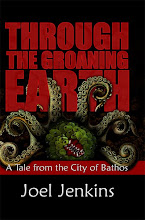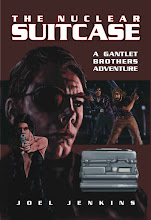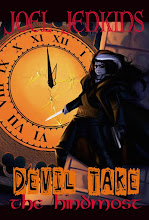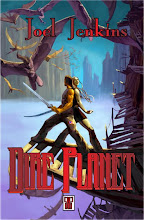In writerly circles it has become
popular to denigrate purple prose and throw the phrase around like an
epithet, putting it in the same category as the adverb, and terming
it a bane, a blight, and a pox upon all literary endeavors. Not so,
say I!
Purple prose is ornate, descriptive,
poetic or sensually evocative writing which is thought to break the
flow of the story or to draw excessive attention to itself. I contend
that, in an effort to distance themselves from the criticism of
purple prose, many authors have devolved to the other extreme and
write flat, dull and lifeless prose—words that live in a colorless
void which lacks any sensuality (and I speak in terms of touch, sight,
sound, scent, and taste) or context. This extreme effort to eschew
the purple has caused bland, deaf, dumb, and blind writing to become
the new norm.
It will come as no surprise to anyone
that has read my work, that I have been accused of purple prose. One
critic told me that my “dense, descriptive prose gets in the way of
the action.” I beg to differ, but ultimately I leave it to the
reader to decide if my balancing act between action and description
has been successful. Some think so, others do not—and it comes as
no surprise to me that the modern reader might find my writing style
odd and alien, just as though a child raised on saltless and
spiceless foods might find a sudden infusion of flavors strange and
unpalatable.
I revel in the muscular verb, the
evocative adjective, the sights and sounds transcribed by a
far-reaching vocabulary that breathes life into mere markings on a
page. Give me the colorful, the lurid, and the vivid and I'll leave
the limp, lifeless, and unpoetic to other writers.

























